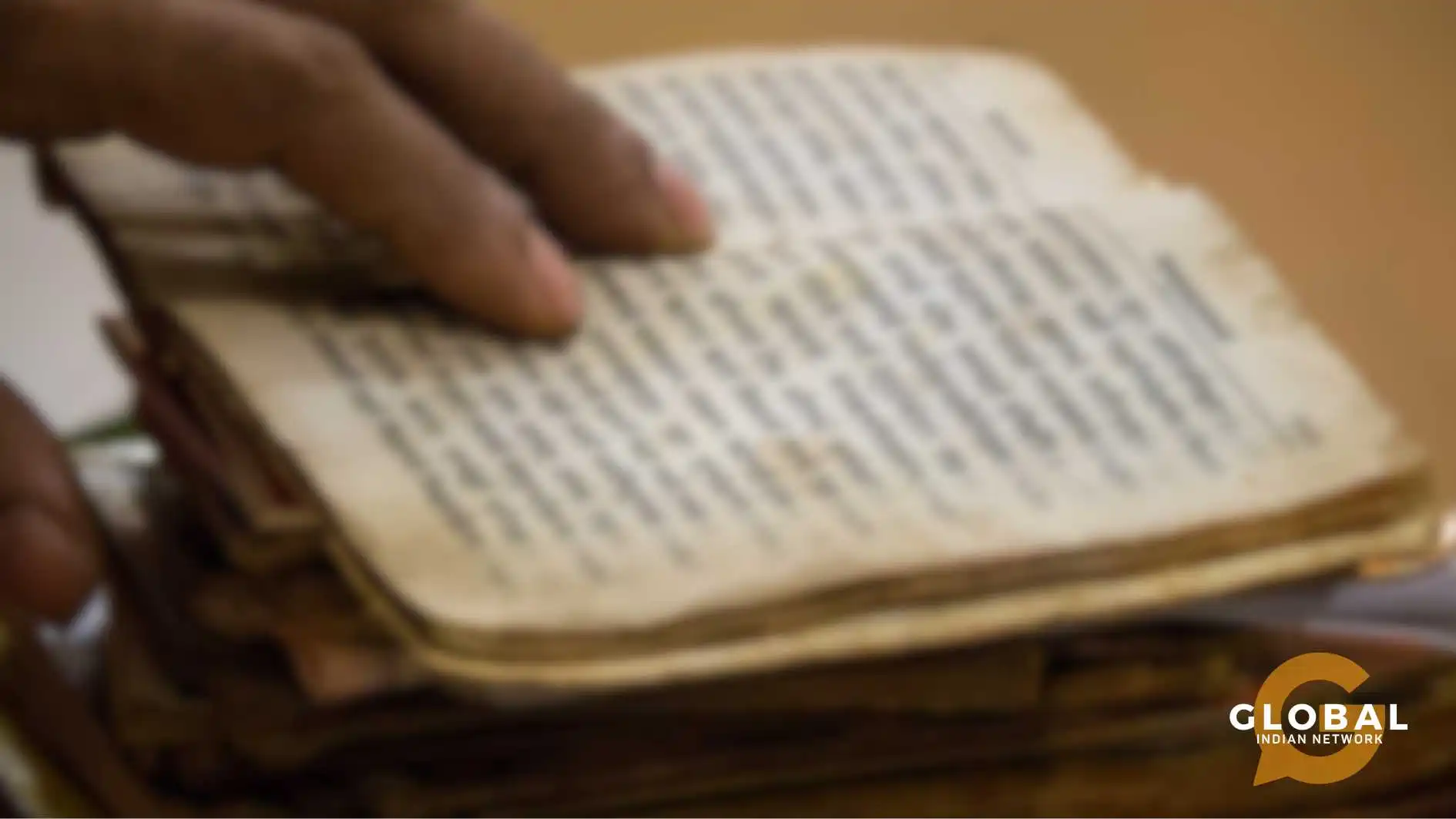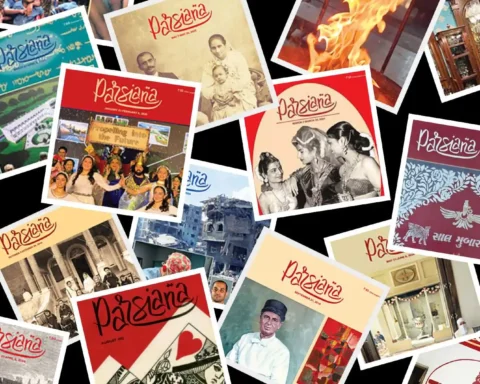Folk literature is an invaluable cultural reservoir, consisting of stories and songs that have been handed down through oral traditions over generations. Encompassing both oral narratives and folk music, this vast collection captures the collective wisdom, creativity, and imagination of humanity throughout the ages. These stories, molded by the experiences and lives of ordinary individuals, possess an extraordinary capacity to connect with contemporary audiences, linking us to the diverse cultural heritages of our ancestors. In this article, we delve into the historical development of folk literature, emphasizing the importance of oral literature and traditions, and explore why these timeless tales continue to captivate and hold significance in our modern, digitized world.
Table of Contents
The Evolution of Folk Literature: Preserving Oral Traditions in the Digital Age
Folk literature, deeply rooted in oral traditions, has transitioned from person-to-person storytelling to digital preservation. Ancient folktales that once traveled from land to land are now archived online, ensuring their survival in the modern era. Platforms dedicated to folklore performance and study have turned what was once verbal lore into accessible cultural knowledge.
Traditional knowledge embedded in oral literature and folk music is now celebrated globally. Digital media has made it possible for 19th-century animal stories and 20th-century literary expression to gain new life. Even dramatic literature and supernatural elements once exclusive to oral traditions are now adapted for global audiences through media like podcasts and films. Modern technology does not diminish the authenticity of these tales but acts as a bridge, ensuring their stories and key elements are passed down to future generations.

Oral Traditions and Their Timeless Appeal
Oral traditions, including Indian folk literature and heroic songs, form the essence of folk culture. They explore universal themes of love, bravery, and justice through genres of folk literature like proverbs, folk songs, and domestic life narratives. These tales often reflect the communal labour of ordinary people, sharing their experiences, challenges, and aspirations.
Folk songs, with their fantastical elements, continue to connect generations. Their formulaic expressions and simple stories preserve cultural heritage while offering insight into the lives of everyday heroes. Asian civilizations, in particular, have contributed significantly to these traditions, ensuring that natural phenomena and real people remain central to the narrative.
Folk Traditions and Literature in Contemporary Culture
In the 21st century, the border between folk literature and written storytelling has blurred. Once shared in communal settings, traditional stories have transformed into literary expressions and fictional stories. Genres like historical fiction and realistic fiction often draw inspiration from folk origins, maintaining the authenticity of verbal lore and customary folklore.
Folk music and animal characters frequently appear in films and television, reflecting the enduring influence of folklore. These elements resonate because they preserve a peaceful identity while serving as a medium for expressing ideas.
The rediscovery of genres of fiction inspired by folk stories ensures that folklore remains intertwined with modern cultural landscapes, from King Arthur’s tales to contemporary adaptations of folk poets’ works.
Conclusion
Folk literature, long safeguarded through oral traditions, has found a new lease on life thanks to the advent of digital technologies. This form of literature continues to inspire and educate future generations. Its enduring charm and significance are rooted in its ability to bridge the gap between the past and present by connecting us to our cultural origins and addressing universal human experiences that are still relatable today. By rediscovering these ancient tales and narratives, we ensure that the wisdom, creativity, and rich traditions of ordinary people from times gone by remain integral to the vibrant tapestry of our modern cultural landscape.

FAQs
What role does oral literature play in preserving cultural identity?
Oral literature preserves traditional knowledge, reflecting the values, beliefs, and creativity of ordinary people. It safeguards communal traditions and ensures that cultural heritage is passed on to future generations.
How has digital media influenced the preservation of folk literature?
Digital media has revolutionized the preservation of folk literature by archiving verbal lore and traditional stories online. This ensures that cultural expressions like folk music and animal stories remain accessible to modern audiences.
Why do ancient folk tales still resonate today?
Ancient folk tales resonate due to their exploration of universal themes such as love, bravery, and justice. They provide a sense of continuity, connecting us to the values and experiences of our ancestors.









